The Year Passover (Easter and Ramadan) Was Cancelled
Passover, to many Jews, is the ultimate shared holiday experience. In 2013 Pew Research Center’s study of American Jewry concluded Passover to be at the core of Jewish tradition with its story of slavery to freedom, songs, customs, and food. Families gather together in large groups to celebrate.But how can this be accomplished with social distancing?
Social distancing is an action taken by Public Health officials to stop or slow down the spread of a highly contagious disease like the coronavirus plague we are experiencing today. Israel’s government is a typical example. Israel has restricted incoming travel and all Israelis returning home from abroad have to self-quarantine for two weeks upon their return.
With borders shut, Passover travel is near impossible. And where would we travel to? Hotels, summer camps, and synagogues that have held communal Seders in the past are canceling Passover. On March 16, 2020 President Trump decreed gatherings be limited to ten people.
Passover isn’t the only spring holiday to be scrubbed. Easter and Ramadan will be affected by the coronavirus, too. Hope Morgan Ward, a United Methodist Church bishop says, “We can offer worship on virtual platforms.” And Omar Suleima, president of Yaqeen Institute for Islamic research agrees. In an article posted on Religion News Service (RNS), he said, “I’m planning to do my weekly sermon virtually and a daily series summarizing one chapter of the Quaran every day in Ramadan.”
The week prior to Easter includes a series of special Masses and other services. They will be cancelled. Synagogues, churches, and mosques are canceling services from their mortar and brick institutions and looking at the Internet.

Take the “Beth Shir Shalom Community,” a Reform synagogue in Santa Monica, California. Rabbi Neil Comess-Daniels celebrated Shabbat services this past Friday evening with his congregants from his home study while they participated from their computers and cell phones from home. Marjorie Loring Gauley, a former member and current Ventura County resident, logged on because of the “peace and solace I find in the music and wisdom offered by Rabbi Neil.”
Kosher for Passover food is readily available at most supermarkets in the Los Angeles area and around the country, but people will have to celebrate the Seder alone. Or do they?

The centerpiece of every Seder table during Passover is the Seder plate. It could be an ornate silver dish or plain paper plate. They all hold the ceremonial foods consisting of matzah, a shank bone, egg, bitter herbs, charoset paste (made from fruit and nuts), as well as karpas (parsley or celery dipped in salt water).
Coordinate your Seder with other family members. Everyone can have their own Seder plate, and favorite main course meals, but during the Seder service they connect their computers or smart phones to Skype, FaceTime, or Zoom to share the service together.
Judeo-Christian doctrine teaches us not to withdraw and hide during a time of crisis, but to move forward and demonstrate love and compassion. The Coronavirus Epidemic of 2020 is the time to do that.
Passover, Easter, and Ramadan can still be celebrated, but we all have to use our heads and be smart about it. Alice Walker, an American novelist, poet, and social activist once said, “Hard times require some serious dancing.” During these times, do so several feet apart.
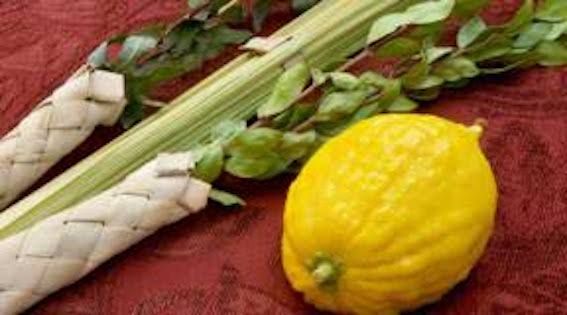
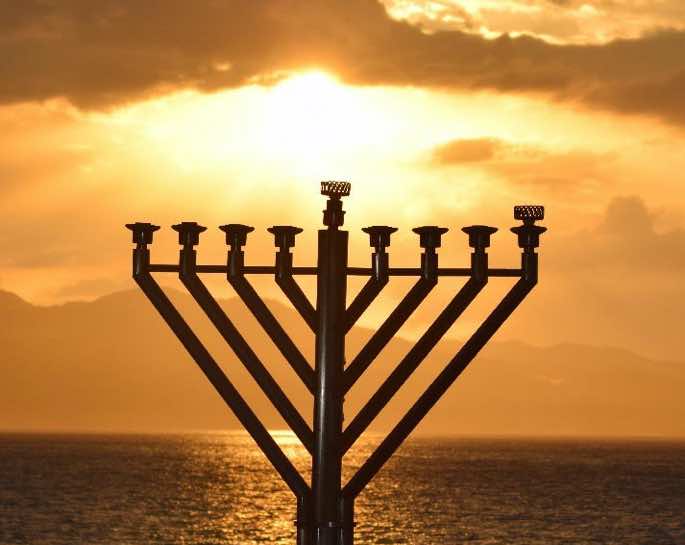
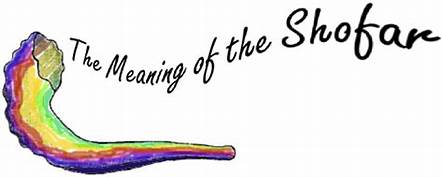
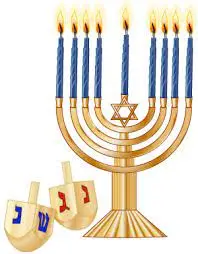
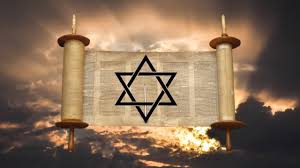

Doing stuff on-line doesn’t really work for me. So I guess I will miss Passover this year.